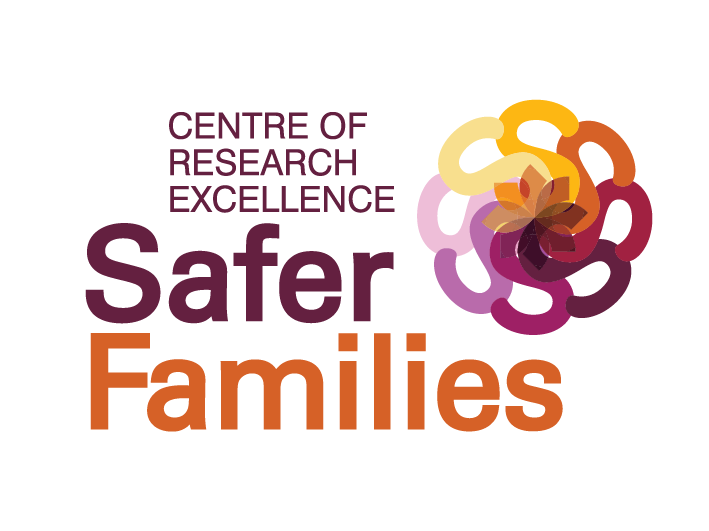Our response to the National Plan to End Violence against Women and Children
Katie Lamb
Research Fellow, Safer Families Centre
The Safer Families Centre of Research Excellence celebrates the release of the National Plan to end Violence against Women and Children 2022-2032.
In line with our Centre’s commitment to ensuring lived experience of victim survivors is central to our work, the National Plan clearly articulates the importance of valuing lived experience. Unlike previous National Plans the current plan outlines a genuine commitment to ensuring victim survivors are at heart of developing effective solutions, in acknowledgement of their detailed understanding and knowledge of the strengths and weakness of interventions.
One of the highlights of the Plan is it's opening statement developed by members of the Independent Collective of Survivors, which includes:
We are not damaged goods. We are not incapable or less than you because we experience trauma. We are survivors. We will not be silenced, pushed into the shadows nor spoken for any more. We hold knowledge and answers that others simply do not. We are diverse but galvanised by a common cause. We know what needs to change. No meaningful solutions can be made about us without us.
The Plan also recognises the role that both specialist and non-specialist services play in responding to and supporting victim survivors and the ‘history of leadership’ of multiple sectors including health in advocating for change.
The Centre was pleased to see the important role of the health sector in the prevention of violence was acknowledged as well as a willingness to ensure additional prevention approaches are embedded across health settings. It was also positive to note the commitment to integrate the prevention of violence against women within other relevant prevention initiatives and strategies such as the National Preventative Health Strategy and the National Mental Health and Suicide Prevention Agreement.
The National Plan recognises the significant impacts of complex trauma on physical and mental health and how this can lead to psychiatric diagnoses and misdiagnoses, functional impairments and an array of other psychosocial challenges. This is accompanied by a strong focus on improving the social, economic and health outcomes for survivors and acknowledgement that frontline healthcare workers play a key role in this work. The plan notes that frontline health workers are often the first person a victim survivor turns to for advice and support.
The Plan acknowledges the work that has already been done to develop training and guidance for some health care professionals to identify and respond to violence, but also notes the need to further build capacity nationally to address gaps. The Plan identifies a need to review safety and quality frameworks to ensure nationally consistent approaches to how health services identify and respond to gender-based violence. It suggests that health service providers (including GPs, hospitals, ambulance paramedics and maternal and child health nurses) should be supported to recognise and respond to both victim survivors and perpetrators of gender-based violence.
The Plan also emphasises the importance of specialist and domestic, family and sexual violence sector and the non-specialist workforces working ‘hand in hand’ . With a need for the development of mechanisms that enable coordination and collaboration across jurisdictions and sectors identified. These mechanisms should respond to and manage risk, provide a pathway for victim-survivors to aid their recovery and include health care and treatment and ensure holistic wrap around socio-emotional support for victim survivors.
A strength of the Plan is its strong focus on recovery and healing beyond crisis support. The Plan notes that recovery from short term and lifelong physical injuries, impacts on reproductive and sexual health and poor mental health looks different for all victim survivors, with some requiring long term of lifelong support.
The Plan provides some promising directions for change. In the words of victim survivors ‘we must be willing to sit to sit in discomfort. It is time to be brave’. In this spirit, let’s hope that this Plan is courageously supported with the significant resources that will be required if we really are to end gender-based violence in one generation.
Dr Katie Lamb is a Research Fellow at the Safer Families Centre and manages a stream of co-designed research with lived experience researchers (the WEAVERS). Katie has a background in criminology and public policy and a passion for issues which sit at the interface between the child and family welfare and criminal justice systems including family violence.


